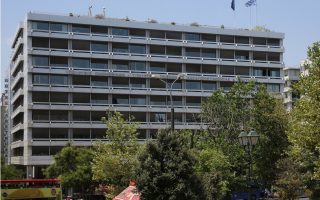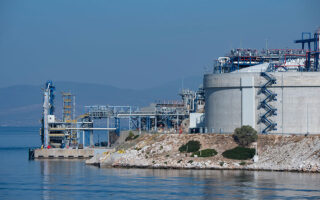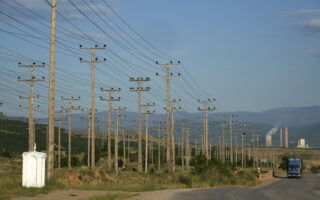Retailers cutting energy costs

Rising energy costs, despite generous government subsidies, are forcing retailers to make some hard choices.
This winter, consumers may find out that nighttime window shopping will no longer be a thing, as many retailers are planning to switch window display lights off. And, depending on developments out of their grasp, such as Russia cutting off natural gas supplies, or other adverse geopolitical developments, we may come to witness shopping in the dark, or at least under a limited number of lights. Retail chains in Northern European countries are already making changes. In Greece, as is the custom, such things will happen if they must.
Retailers are certainly not waiting for the arrival of winter to cut back on energy costs. Consumers may have noticed that a number of small shops, and even larger supermarkets, are no longer cool oases from the scorching heat outside as air conditioning units have been set at higher temperatures.
In the medium term, an increasing number of retail chains are planning to install solar panels close to their outlets and warehouses to save on energy and be more independent from electricity providers.
“We keep billboards and signs on for fewer hours in the night,” Lambros Papacosmas, executive director at Sklavenitis, a chain of 510 supermarkets. Sklavenitis is also replacing its freezers with newer, more energy-efficient ones.
Metro, owners of the My Market and Metro Cash & Carry, are shutting off lights in its parking lots after hours. They have also been carefullymonitoring temperatures inside their outlets, CEO Aristotelis Panteliadis says. “We are also undergoing a replacement of air conditioners with newer, more efficient models,” he says. “But this is a big, complicated investment that will take years to complete,” he says.
Metro is also among the retailers planning to install solar panels; it has prepared an €18 million investment plan. Half the outlets will install them in 2022 and the rest in 2023.
Metro and other retailers will use net metering, a billing mechanism that will allow them to use their solar-generated electricity anytime, instead of when it is generated.





